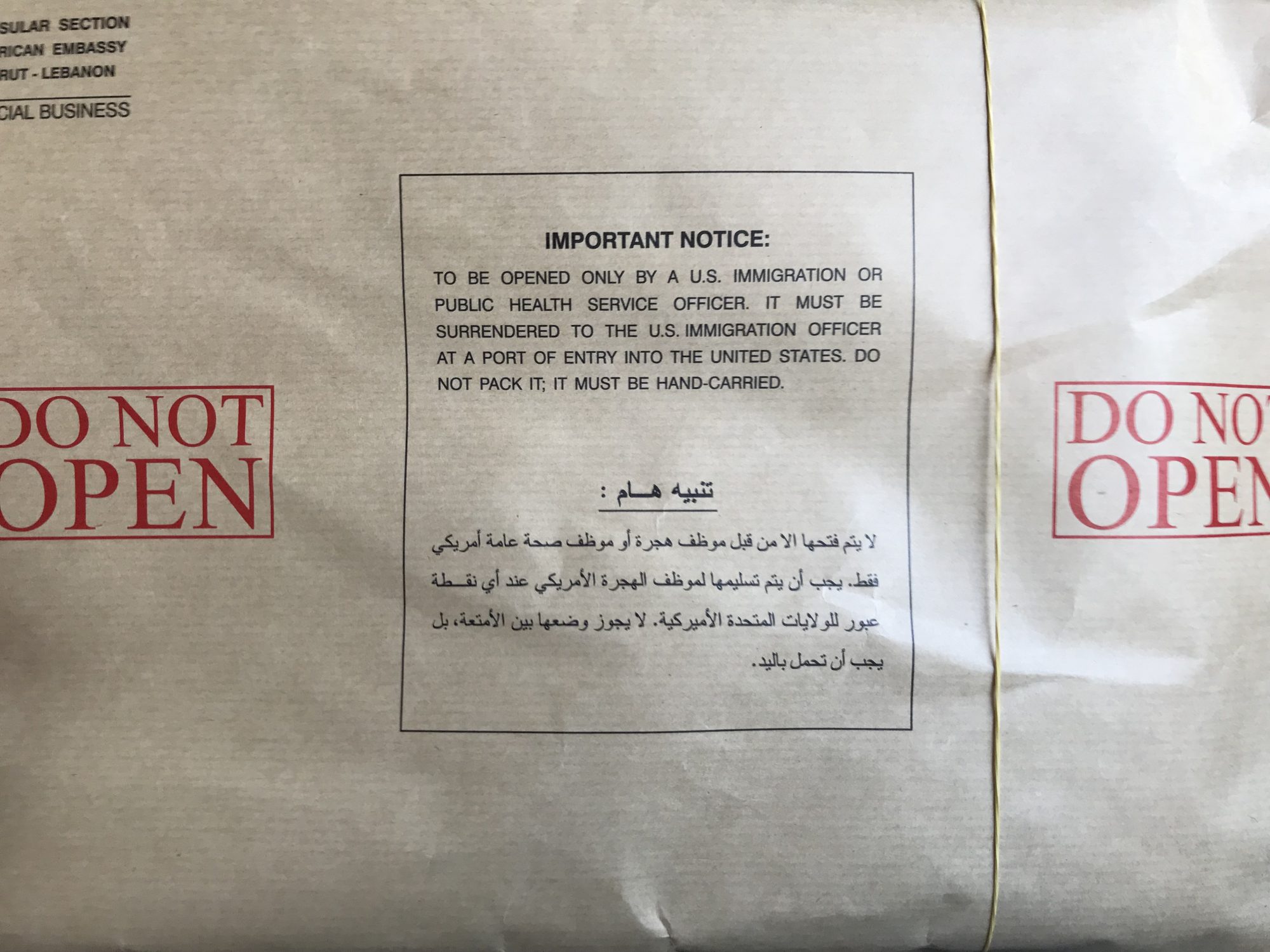“[T]he question of the pharmakon reappears in the digital stage of grammatisation—the first stage of which was the alphabetic writing of Plato’s epoch. Like every technique and every mnemotechnique, cultural and cognitive technologies are pharmaka: at once poisons and remedies.”
(Bernard Stiegler)
Communication has made itself felt as a matter of concern at numerous times and on multiple planes over the past few weeks. ☿℞ or not, at some point, it seems like the artifice of this act of artfully inscribing interior realities back and forth on these proverbial clay tablets has been lost by our culture.
I’ve been thinking about communication = communion and writing = sacrament for a while. The ease of message relay we are all now immersed in on social media has lulled us into believing we have been better equipped in that sacral art/craft, but this may have actually been a “devilish” trick played on us by “the world.” We go through the ritual motions and believe these rites to be valid and efficacious ex opere operato then marvel when communion breaks down around us. But maybe that’s the wrong metaphor altogether. Maybe these aren’t sacred rites now profaned but pharmacology now abused. Maybe that would explain the poison we can’t seem to purge from our discourse.
“Writing, says Socrates, is a poison in the hands of the Sophists, who make of it a power to swindle and pervert the Athenian youth. Yet it is also the remedy to the finite nature of memory, making possible geometry and the constitution of an “ideal community”—of a geometrical “we” that makes possible the experience of the infinitely open character of rational thought. It is this poison, which Plato practices abundantly in order to fight against it, that allows the formation of the therapeutics in which this fight consists.”
(Bernard Stiegler)
It’s not that we’re writing less thoughtfully; it’s that written language itself carries within it trace toxins and should be handled with care. We know this to be true in specialized fields or renegade discourses that demand new grammars, but even there, we must take care as well. A pronoun is a drop of that self-same elixir, a pharmakon in scented water: an artifice to harness something of our ultimate mystery. These words are attempts at immortality—graspings for eternal life—that we ought to approach with more fear and trembling.
Today is the Feast of Marina the Monk in the western calendar; this feast is celebrated next month in our home tradition of the Maronite Church, where Marina is known as Marina of Qannoubine. This is an obscure figure whom I’ve come to know quite recently and is now evolving into a patron of the undecidable in my mind. Marina is split across traditions and times; Marina is split across genders and names; Marina’s memory, like that of all the saints, is split across backward-facing discourses not of Marina’s writing.
.
“Marina, distinguished as Marina the Monk and also known as Pelagia and Mary of Alexandria, was a Christian saint of Byzantine, the area was variously know [sic] as Syria & Lebanon.”
No saint comes with a biography; all saints are hagiographic projections of our own hearts’ desires.
“Marina, born Mariam, was the offspring of wealthy Christian parents and is often considered to be a transgender man.”
“When asked by her father, “What shall I do with you? You are a woman”, Marina answered that he would renounce women’s clothing and live as a monk.”
“Both father and daughter entered into monkshood without revealing the identity of the daughter to the monks. As a monk she was known by the name Marinos.”
“Although young, Marinos occupied himself with the practice of monastic virtues with utmost spirit and minuteness. He was silent and reticent with bowed head and eyes, making of his cowl a veil concealing the features of his face and eyes.”
“After ten years Marina’s father died, leaving her alone. Marina continued to conceal the fact that he was born a woman.”
These are all fragments from Marina’s story as “we”—this split reality of many peoples and multiple churches—now tell it. Marina is Marinos is Mariam is he and she in the very same sentences—Marina is both/and in one breathe, the undecidable.
And yet we do decide; that is what sainthood always entails. The community chooses to remember you and with that comes the pharmacology of writing your holiness: hagio-graphy. I’ve found that many today feel compelled to fix Marinx under one sign; they want to see something of themselves mirrored back.
This is valid and efficacious. And this is also impossible.
Pilgrims today encounter Marina in the caves of Kadisha with bottles of milk, seeking blessings and healing from Marina’s miraculous breasts—these symbols of Marina’s essential pharmaka: her curse, his remedy, their scapegoat, our saint.
Holy Marina, pray for us/them/me.
“We are split beings. To be split means to be, if not many, at least more than one—and we are all more than one…and sometimes we are even many at the same time. When we are not being many at once, we are so successively: we play various roles, with which we are more or less obviously involved in each case. For example, we are cyclists and curse pedestrians, cars and buses. Then when we get in our cars, we hurl insults at cyclists, bus drivers, and pedestrians, not to mention motorcyclists.
We have many inclinations, some criminal and some tender; we have many tendencies, some which raise us up and some which are regressive; many types of identification, with the transgression of the film noir bandit, and with the sublimation of the positive hero, etc. And as all that is neither compatible nor reducible, we do not cease composing. It is of course possible to ignore and deny this, and it is when we do so that we repress things or become blind—blind to the law of the pharmakon.”
(Bernard Stiegler)
